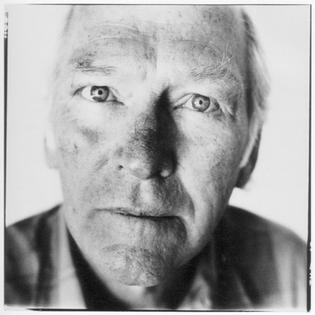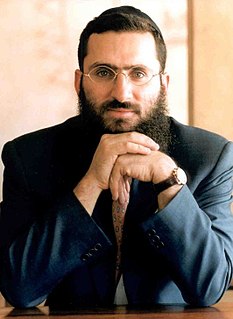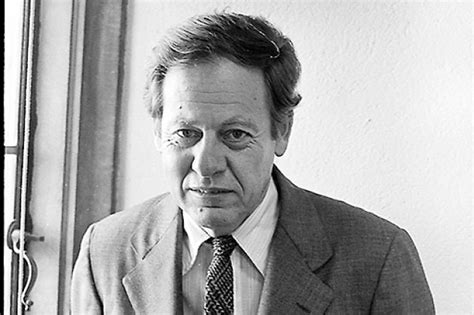A Quote by George Lakoff
Metaphor is pervasive in everyday life, not just in language but in thought and action. Our ordinary conceptual system, in terms of which we both think and act, is fundamentally metaphorical in nature.
Related Quotes
Moreover, metaphor is typically viewed as characteristic of language alone, a matter of words rather than thought or action. For this reason, most people think they can get along perfectly well without metaphor. We have found, on the contrary, that metaphor is pervasive in everyday life, not just in language but in thought and action. Our ordinary conceptual system, in terms of which we both think and act, is fundamentally metaphorical in nature.
The facts of nature are what they are, but we can only view them through the spectacles of our mind. Our mind works largely by metaphor and comparison, not always (or often) by relentless logic. When we are caught in conceptual traps, the best exit is often a change in metaphor not because the new guideline will be truer to nature (for neither the old nor the new metaphor lies "out there" in the woods), but because we need a shift to more fruitful perspectives, and metaphor is often the best agent of conceptual transition.
Dr. Adler had instructed me to always say whatever I was thinking, but this was difficult for me, for the act of thinking and the act of articulating those thoughts were not synchronous to me, or even necessarily consecutive. I knew that I thought and spoke in the same language and that theoretically there should be no reason why I could not express my thoughts as they occurred or soon thereafter, but the language in which I thought and the language in which I spoke, though both English, often seemed divided by a gap that could not be simultaneously, or even retrospectively, bridged.
We must allow ourselves to think, we must dare to think, even though we fail. It is in the nature of things that we always fail, because we suddenly find it impossible to order our thoughts, because the process of thinking requires us to consider every thought there is, every possible thought. Fundamentally we have always failed, like all the others, whoever they were, even the greatest minds. At some point, they suddenly failed and their system collapsed, as is proved by their writings, which we admire because they venture farthest into failure. To think is to fail, I thought.
The dominant metaphor of conceptual relativism, that of differing points of view, seems to betray an underlying paradox. Differentpoints of view make sense, but only if there is a common co-ordinate system on which to plot them; yet the existence of a common system belies the claim of dramatic incomparability.
Lakoff's idea is that most of our thought is guided by underlying conceptual mappings between two domains that share some content, that overlap in the sets of their attributes. ... Contrary to the assertions of Lakoff and some of the cognitive metaphor theorists, people can read through to an underlying mapping, but only when the surface metaphor is new to them.
The strategy of semantic ascent is that it carries the discussion into a domain where both parties are better agreed on the objects (viz., words) and on the main terms connecting them. Words, or their inscriptions, unlike points, miles, classes and the rest, are tangible objects of the size so popular in the marketplace, where men of unlike conceptual schemes communicate at their best. The strategy is one of ascending to a common part of two fundamentally disparate conceptual schemes, the better to discuss the disparate foundations. No wonder it helps in philosophy.
I think that metaphor really is a key to explaining thought and language. The human mind comes equipped with an ability to penetrate the cladding of sensory appearance and discern the abstract construction underneath - not always on demand, and not infallibly, but often enough and insightfully enough to shape the human condition. Our powers of analogy allow us to apply ancient neural structures to newfound subject matter, to discover hidden laws and systems in nature, and not least, to amplify the expressive power of language itself.
You know, there are two good things in life, freedom of thought and freedom of action. In France you get freedom of action: you can do what you like and nobody bothers, but you must think like everybody else. In Germany you must do what everybody else does, but you may think as you choose. They're both very good things. I personally prefer freedom of thought. But in England you get neither: you're ground down by convention. You can't think as you like and you can't act as you like. That's because it's a democratic nation. I expect America's worse.

































